Richard Clayderman - Eléana (2024)
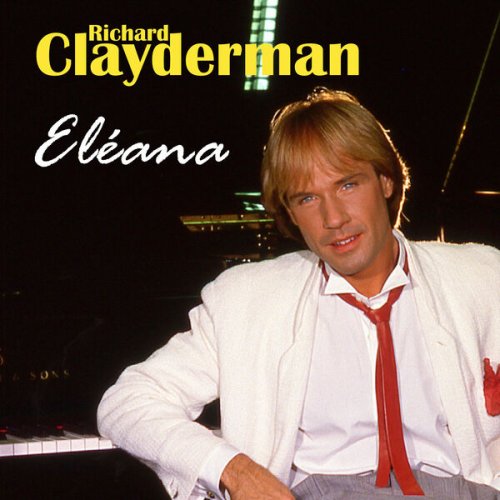
Artist: Richard Clayderman
Title: Eléana
Year Of Release: 1987 / 2024
Label: Union Square
Genre: Easy Listening
Quality: FLAC (tracks)
Total Time: 54:56
Total Size: 307 MB
WebSite: Album Preview
Tracklist:Title: Eléana
Year Of Release: 1987 / 2024
Label: Union Square
Genre: Easy Listening
Quality: FLAC (tracks)
Total Time: 54:56
Total Size: 307 MB
WebSite: Album Preview
1. Eléana (03:40)
2. La Sorellina (03:09)
3. Blue Concerto (02:49)
4. Boulevard Des Solitudes (03:44)
5. Colin Maillard (Blind Man's Bluff) (03:15)
6. Les Yeux Saphirs (Piano Solo) (03:57)
7. Dolly (01:45)
8. Finlandia (Piano Solo) (03:55)
9. Eroica (Grand Canyon sérénade) (04:46)
10. Les Poissons Lune (Piano Solo) (02:04)
11. Les colombes du Ténéré (Piano Solo) (03:24)
12. Dernier Printemps (Piano Solo) (03:52)
13. Revivre Sa Vie (02:50)
14. Roses Pastel (04:15)
15. Eléana (Piano Solo) (03:39)
16. L'heure Des Adieux (03:38)
With his lush and sophisticated instrumental approach to pop music, Richard Clayderman (born Philippe Pagès) is, according to The Guinness Book of World Records, "the most successful pianist in the world." Clayderman's albums routinely sell millions of copies and his concerts are quickly sold out. In a review of his 1985 Carnegie Hall concert, Variety wrote, "(Clayderman's) main appeal lies in his youth and boyish good looks...coupled with his gentlemanly charm and his thick French accent, they promise to rope in the romantically inclined middle-aged Yank ladies who cotton to this ilk of soothing entertainment." Nancy Reagan referred to Clayderman as "the prince of romance." Instructed in classical piano by his father, Clayderman enrolled in the Paris Conservatory of Music at the age of 12. Four years later, he placed first in a piano competition at the school. Despite his classical background, Clayderman opted for popular music when he launched his professional career. A tour as opening act for French rock musician Johnny Hallyday introduced him to an international following. Clayderman's debut album, Ballade Pour Adeline, recorded at the urging of producers and composers Oliver Toussaint and Paul de Senneville in 1977, sold more than 20 million copies and was distributed in 38 countries. Clayderman, who took his stage name from his Swedish grandmother, has continued to tour throughout the world to enthusiastic audiences. A live concert broadcast on Chinese television in 1987 attracted more than 800 million viewers.
His vast discography of well over 200 albums, released on and licensed to many different labels worldwide, has seen him record everything from light classics to Andrew Lloyd Webber love songs, Bollywood movie soundtracks, and the folk music of Germany, Turkey, and Japan. While this willingness to turn his hand to anything fueled his worldwide popularity, it is the unthreatening homogeneity of his output that won him a loyal, late-middle-aged fanbase similar to that of another European titan of light classical music, André Rieu. In the early 2010s, Clayderman enjoyed an upsurge in mainstream popularity, perhaps partly as a kitsch nostalgia act, but also on the part of canny marketing men who positioned him as part of that era’s classical crossover explosion. His 2013 album for Decca, Romantique -- arguably his highest-profile release ever -- featured a mélange of film music, pop and light classical standards, and a re-recording of his best-known tune, "Ballade pour Adeline". © John D. Buchanan
His vast discography of well over 200 albums, released on and licensed to many different labels worldwide, has seen him record everything from light classics to Andrew Lloyd Webber love songs, Bollywood movie soundtracks, and the folk music of Germany, Turkey, and Japan. While this willingness to turn his hand to anything fueled his worldwide popularity, it is the unthreatening homogeneity of his output that won him a loyal, late-middle-aged fanbase similar to that of another European titan of light classical music, André Rieu. In the early 2010s, Clayderman enjoyed an upsurge in mainstream popularity, perhaps partly as a kitsch nostalgia act, but also on the part of canny marketing men who positioned him as part of that era’s classical crossover explosion. His 2013 album for Decca, Romantique -- arguably his highest-profile release ever -- featured a mélange of film music, pop and light classical standards, and a re-recording of his best-known tune, "Ballade pour Adeline". © John D. Buchanan
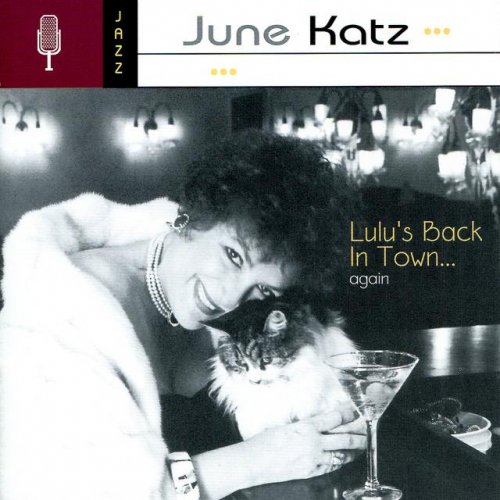
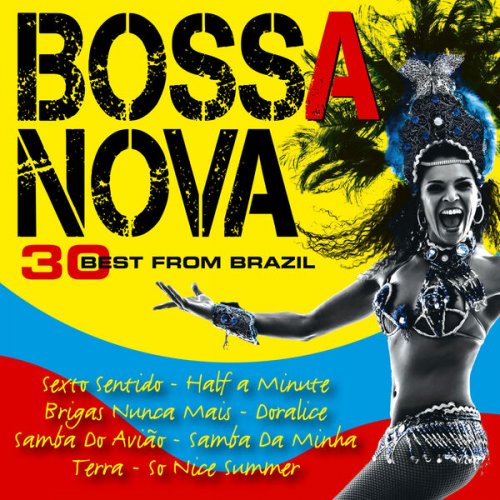

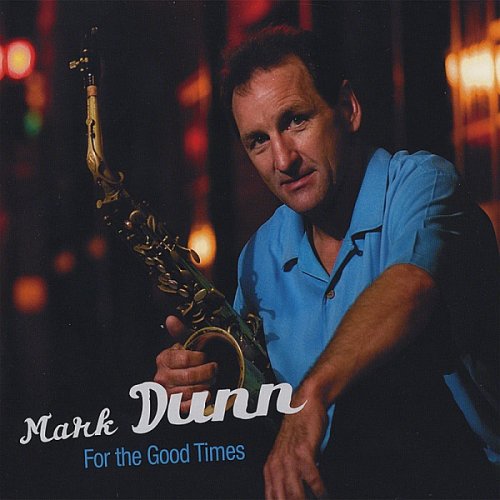
![Chris Forsyth's WHAT IS NOW - Both / And (2026) [Hi-Res] Chris Forsyth's WHAT IS NOW - Both / And (2026) [Hi-Res]](https://www.dibpic.com/uploads/posts/2026-02/1771839412_cover.jpg)
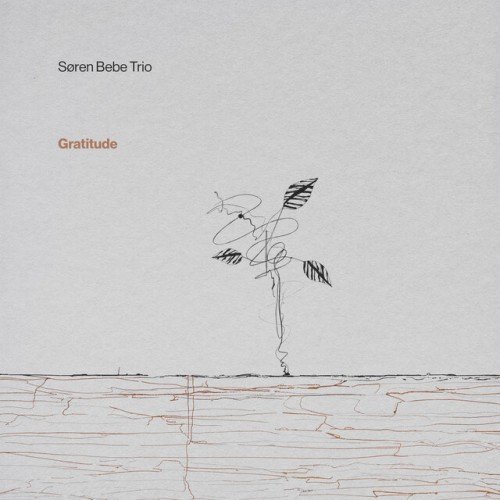
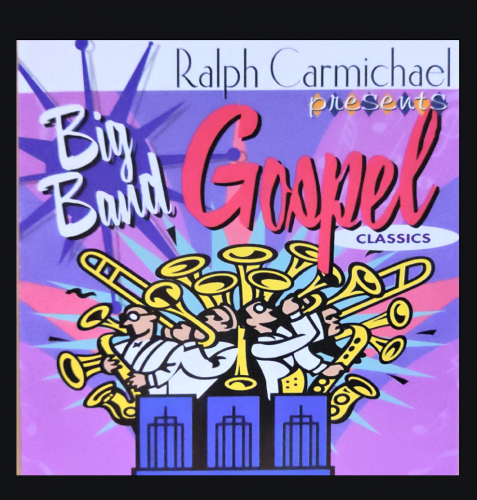
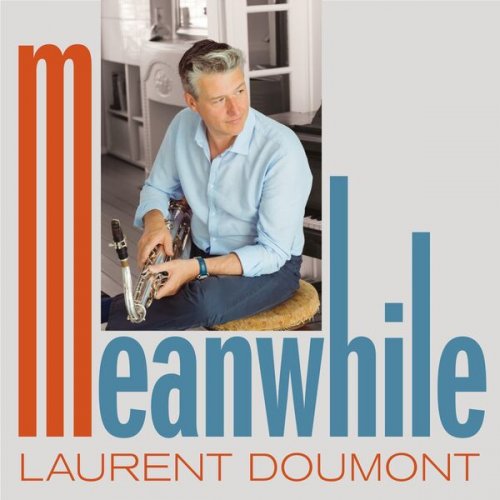
![Bill Champlin - Through It All (1994) [Japanese Edition] Bill Champlin - Through It All (1994) [Japanese Edition]](https://www.dibpic.com/uploads/posts/2026-02/1771699229_ff.jpg)